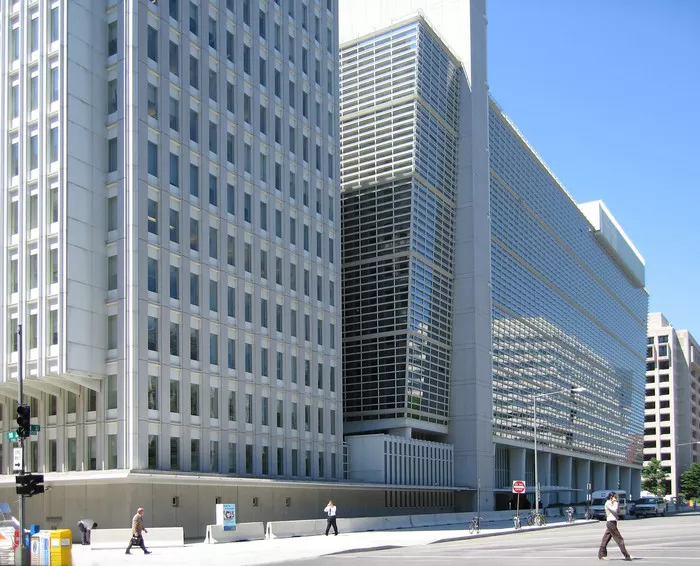The Bank of Korea (BOK) has reduced its benchmark interest rate, responding to signs of a cooling local property market and a significant easing of inflationary pressures. This decision marks a cautious shift in focus towards stimulating economic activity. The central bank lowered its seven-day repurchase rate by a quarter percentage point to 3.25%, a move anticipated by 20 of the 22 economists surveyed by Bloomberg.
In a statement following the decision, Governor Changyong Rhee noted that five board members expect the rate to remain stable for the next three months. This outlook diminishes the probability of an additional rate cut next month and tempers expectations for a potential move in January. Notably, one board member opposed the rate cut.
During a post-decision briefing, Rhee characterized the rate reduction as a “hawkish cut,” reflecting a cautious approach to monetary policy. The market response was subtle, with the South Korean won gaining slightly against the dollar.
With this policy adjustment, the BOK aligns with a broader trend among central banks worldwide that are shifting toward easing cycles in an effort to rejuvenate economic momentum as inflationary pressures subside. Recently, the Federal Reserve reduced its key rate by half a percentage point, prioritizing economic stability over its ongoing battle against inflation.
According to Ahn Yea-ha, an analyst at Kiwoom Securities Co., “The rate cut addresses lackluster consumption and indicates that the BOK is in a position to loosen monetary policy, as pressures to push inflation above 2% appear limited.” Ahn anticipates gradual easing, suggesting that the BOK will maintain the current rate in November.
Prior to this decision, the BOK had kept the interest rate at a restrictive 3.5% for over a year and a half, wary that any early signals of a policy shift could trigger a rebound in the housing market and jeopardize financial stability.
The bank highlighted a “clear trend of stabilization” in inflation, a deceleration in household debt growth, and reduced currency risks as key factors in its decision. While the BOK has slightly softened its restrictive stance, it removed language implying a commitment to keeping policies tight in its concluding remarks. The bank stated it would evaluate the pace of future rate cuts based on inflation, economic growth, and financial stability considerations.
The rate reduction reflects concerns over stagnant private spending and credit risks within the construction sector. Given that many borrowers are on floating interest rates, increased interest expenses have dampened consumption, prompting some lawmakers to advocate for a rate cut.
Economists at Standard Chartered Bank, Chong Hoon Park and Nicholas Chia, noted before the decision, “Given the prevailing negative sentiment and the Fed’s substantial cut, the market anticipates quicker rate reductions by the BOK to bolster economic growth.” However, they cautioned that the negative perception of South Korea’s economy might be exaggerated, predicting that the BOK will proceed cautiously in cutting the base rate aggressively due to financial stability risks.
Bloomberg Economics forecasts that despite rising home prices in Seoul and persistent debt concerns, this easing cycle will progress slowly. They project that the BOK will hold rates steady at its November meeting before resuming cuts in the first quarter of 2025.
Related topics:


